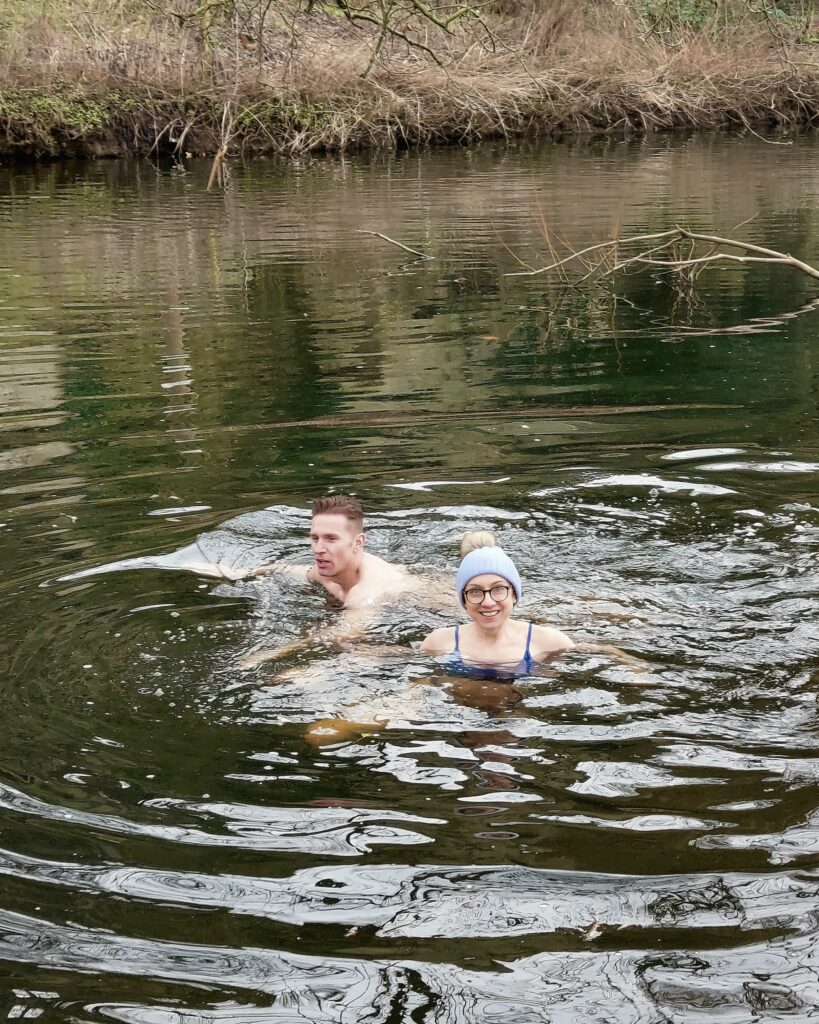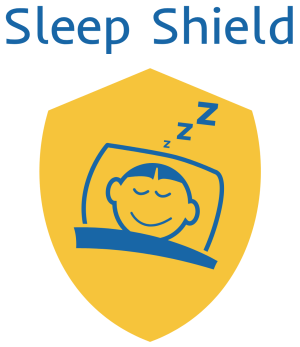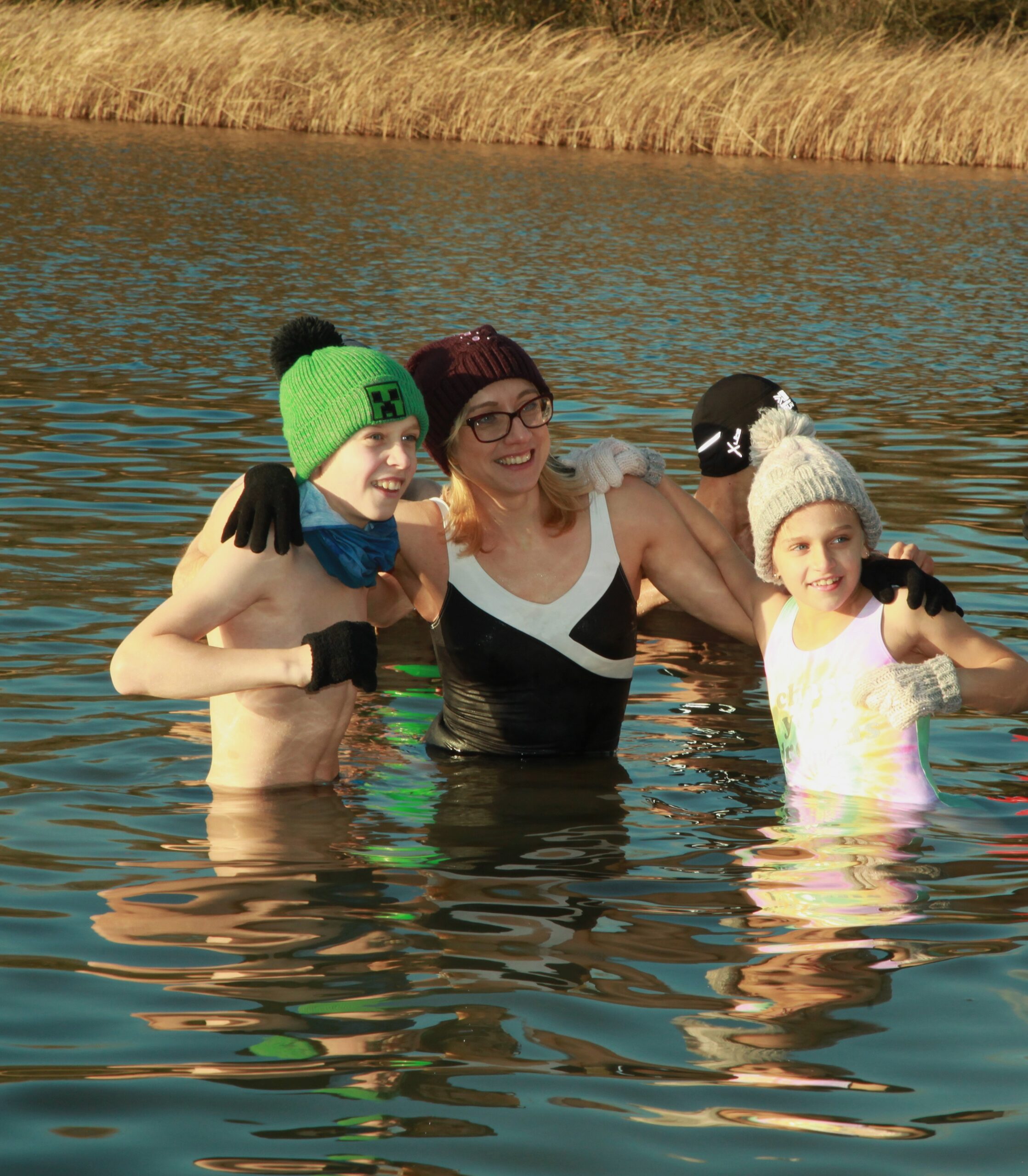Cold. Just the thought of it sends shivers down our spines, and most of us instantly recoil. We think, “No way, not for me.” But what if deliberately exposing ourselves to the cold could actually bring some surprising health benefits?
COLD FOR CENTURIES
For thousands of years—starting with records in the Edwin Smith Papyrus from 3500 BC, through the writings of Hippocrates, Roman physicians, and Napoleon Bonaparte’s surgeon, right up to modern-day enthusiasts like Wim Hof and scientists—people have spoken of the benefits of cold-water immersion on human physiology.
And yet, no one I know who has tried cold showers, ice baths, or open-water dips describes the experience as enjoyable in the moment. The same goes for me—I wouldn’t call it comfortable or relaxing. Yet, I keep coming back to it. So what is it that drives so many of us to take the plunge again and again?
BENEFITS
Having practiced cold-water immersion for several years, I came across a podcast by Dr. Andrew Huberman, where he explains the science behind deliberate cold exposure and its effects on:
- metabolism
- physical and mental resilience
- anti-inflammatory properties
- mood, focus, and energy levels
As a psychologist, therapist, and sleep coach, I work daily with people struggling with sleep issues and their consequences—exhaustion, difficulty concentrating, and emotional instability. That’s why the last point on the above list stands out to me as particularly worth exploring further.
A study by P. Šramek and colleagues found that cold-water immersion boosts adrenaline and noradrenaline—two related hormones that stimulate the body, increasing heart rate and alertness. At the same time, exposure to cold water releases about 250% more dopamine compared to baseline levels. Since dopamine is linked to energy, motivation, and a sense of achievement, its prolonged elevation for several hours may explain why we keep returning to this practice despite the initial discomfort.
Interestingly, the study also found no increase in cortisol, the stress hormone released in difficult situations. Chronically high cortisol levels can negatively impact physical and mental health, leading to issues like poor sleep, difficulty concentrating, and memory problems.
Dr. Andrew Huberman’s podcast also highlights the case of someone who overcame drug addiction by replacing it with deliberate cold-water immersion. In this case, dopamine—the brain’s reward chemical—was elevated in a healthier way than through psychoactive substances, giving cold exposure a therapeutic role.
COLD-WATER IMMERSION AND SLEEP
Recent studies have also highlighted the impact of deliberate cold-water immersion on sleep. A research review published in Temperature (Haghayegh et al., 2019) explores how this practice—and the thermoregulation it triggers—affects sleep patterns. After exposure to cold, core body temperature rises, leading to increased circulation and overall physiological stimulation. As a result, cold baths can be a great morning strategy to naturally boost energy. However, taking a plunge too close to bedtime may disrupt sleep rather than promote it.
Another key finding comes from Krauchi and Deboer (2010), who discovered that the body’s circadian rhythm is closely tied to core temperature fluctuations. Cold-water immersion can support this natural rhythm when timed with peak alertness periods (typically in the morning), helping prepare the body for the cooling phase necessary for quality sleep at night.
A new meta-analysis by Cain, T., et al. (2025), covering 11 studies and 3,177 participants, suggests that cold baths can significantly reduce stress levels—but this effect emerges roughly 12 hours after immersion. This means that an early cold dip could actually enhance nighttime rest. Indeed, improved sleep quality was observed across these studies, though most focused primarily on male participants. While more research is needed to fully understand its effects across different populations, cold-water immersion stands out as a promising tool for managing stress and improving sleep quality.
PROTOCOL
A common question about cold showers and ice baths is: how often should you do them, and how cold should the water be to get the best results?
Dr. Andrew Huberman’s method suggests immersing your whole body up to the neck, so ice baths are generally better than showers (since there’s still little research on cold showers). The recommendation is about 11 minutes per week, split into 2–4 sessions lasting 1 to 5 minutes each.
Since everyone handles cold differently, there’s no single “perfect” temperature. Instead, the water should feel uncomfortably cold but still safe to stay in for a few minutes. The good news? With regular practice, your body gets used to it, making the cold easier to handle and the benefits more noticeable.
And if you’re up for an extra challenge? Try dipping your hands in too!

REMEMBER
If you’re looking to boost your mood, increase energy levels, and sharpen focus, deliberate cold-water immersion—when done safely and with awareness of your body’s reactions—can be a great tool.
What’s more, timing matters. Practicing in the morning is ideal, as it may even help improve sleep quality later at night. With that in mind, I hope all readers enjoy better rest and brighter days ahead!

References
- Cain, T., Brinsley, J., Bennett, H., Nelson, M., Maher, C., & Singh, B. (2025). Effects of cold-water immersion on health and wellbeing: A systematic review and meta-analysis. PLOS ONE, 20(1), e0317615. https://doi.org/10.1371/journal.pone.0317615
- Haghayegh, S., Khoshnevis, S., Smolensky, M. H., Diller, K. R., & Castriotta, R. J. (2019). The effects of nocturnal temperature on sleep in humans: A comprehensive review. Temperature, 6(3), 308-324. https://doi.org/10.1080/23328940.2019.1623629
- Kräuchi, K., & Deboer, T. (2010). The interrelationship between sleep regulation and thermoregulation. Frontiers in Bioscience (Landmark Edition), 15(2), 604–625. https://doi.org/10.2741/3636
- Šrámek, P., Šimečková, M., Janský, L., Šavlíková, J., & Vybíral, S. (2000). Human physiological responses to immersion into water of different temperatures. European Journal of Applied Physiology, 81, 436–442. https://doi.org/10.1007/s004210050065
- Wang, H., Olivero, W., Wang, D., & Lanzino, G. (2006). Cold as a therapeutic agent. Acta Neurochirurgica, 148, 565–570. https://doi.org/10.1007/s00701-006-0747-z




